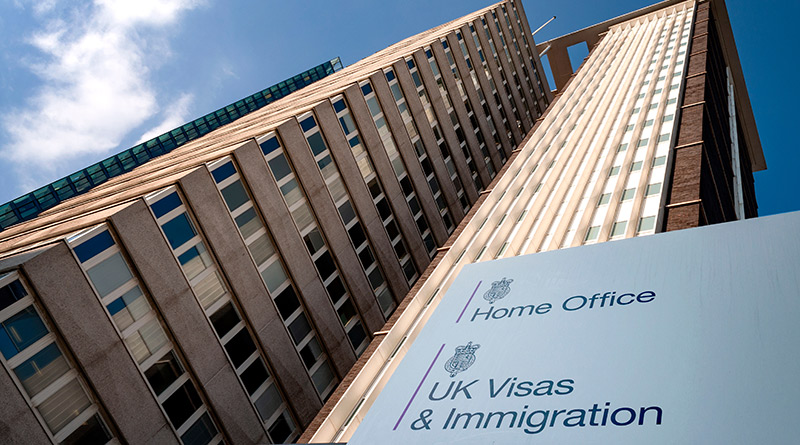Home Office Launches Consultation into Late-Night Levy Charges

The Home Office has launched a consultation into late-night levy charges ahead of changes aimed at increasing its use by local authorities.
The consultation is aimed at late night refreshment providers, local licensing authorities, the police, licensed premises, members of the public and other interested parties in England and Wales where these proposals apply.
Two proposals for determining the rates businesses would pay under the levy have been put forward within the consultation document, despite trade bodies calling for the tax to be abolished, the options below set out the government’s comments.
Option 1
Base LNR levy charges on the current licence fee system as for alcohol venues, with no option for licensing authorities to apply a discount.
- The Government does not feel it is justified to bring in any new levy bands as the current system already takes into account the size and revenue of businesses.
- As such, the levy charges that will be applicable to LNR premises will be linked to the current licence fees system under the Licensing Act 2003, with LNR premises being placed in bands based on their premises rateable value. Please see paragraph 3 for more information.
Option 2
Base LNR levy charges on the current licence fee system as for alcohol venues, with the option for licensing authorities to offer a 30% discount to LNR premises qualifying for the Small Business Rate Relief.
- Under Part III of the Local Government Finance Act 1988, licensing authorities can offer a reduction to licence holders in relation to premises that are in receipt of Small Business Rate Relief (SBRR). This reduction is currently only available in relation to premises that supply alcohol for consumption on the premises.
- This option is similar to option 1 above, with the difference that licensing authorities will also be able to offer this SBRR reduction in respect of qualifying LNR premises. The Government is mindful of not imposing unnecessary or disproportionate charges on LNR premises as many are small businesses and, by definition, are licensed to be open late at night.
Only nine local authorities were implementing a late-night levy in 2022 with several councils having scrapped the tax in support of the hospitality industry.
UKHospitality chief executive Kate Nicholls said: “The ineffective and costly late night levy continues to stifle the recovery of the night-time economy, which was among the hardest hit by the pandemic.
“Now is not the time to extend the levy and the economic harm it inflicts on our late-night venues, taking £365,000 from the industry last year. Instead, the levy should be abolished in order to free up much-needed cash for businesses to invest in their business or, in many cases, simply stay afloat.
“Some cities across the UK have reached that conclusion themselves, taking the decision to remove the levy, and the House of Lords Committee are of the same view; concluding the levy had failed to achieve its objectives and should be abolished.
“The night-time economy is part of the fabric of towns and cities across the country, attracting thousands of visitors and raising millions for the economy. I’d urge the government to remove the levy as soon as possible to allow the night-time economy to flourish, recognising all the benefits it brings to local areas.”
